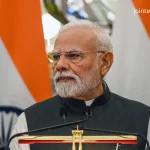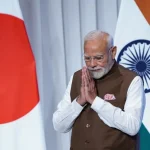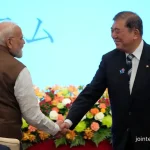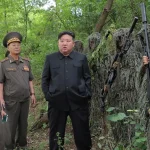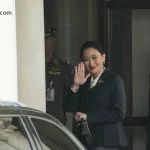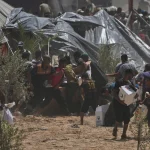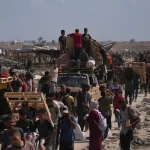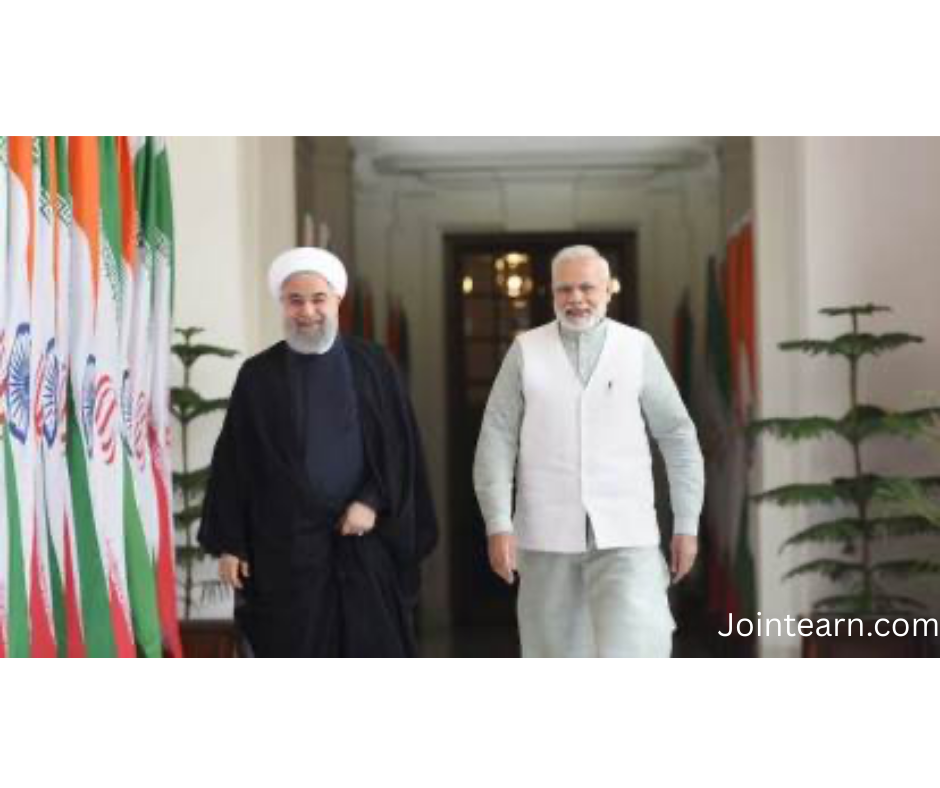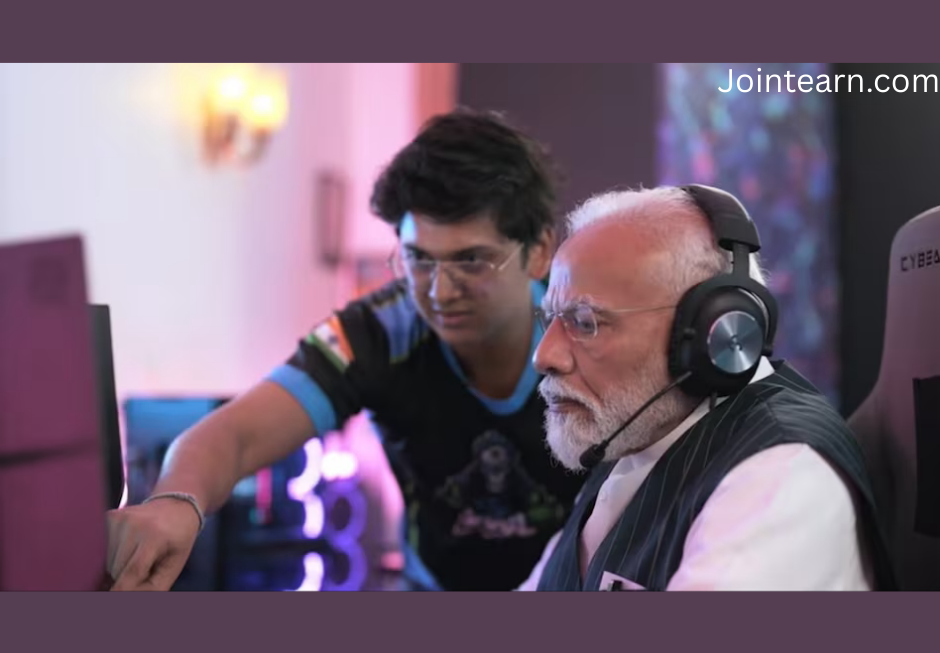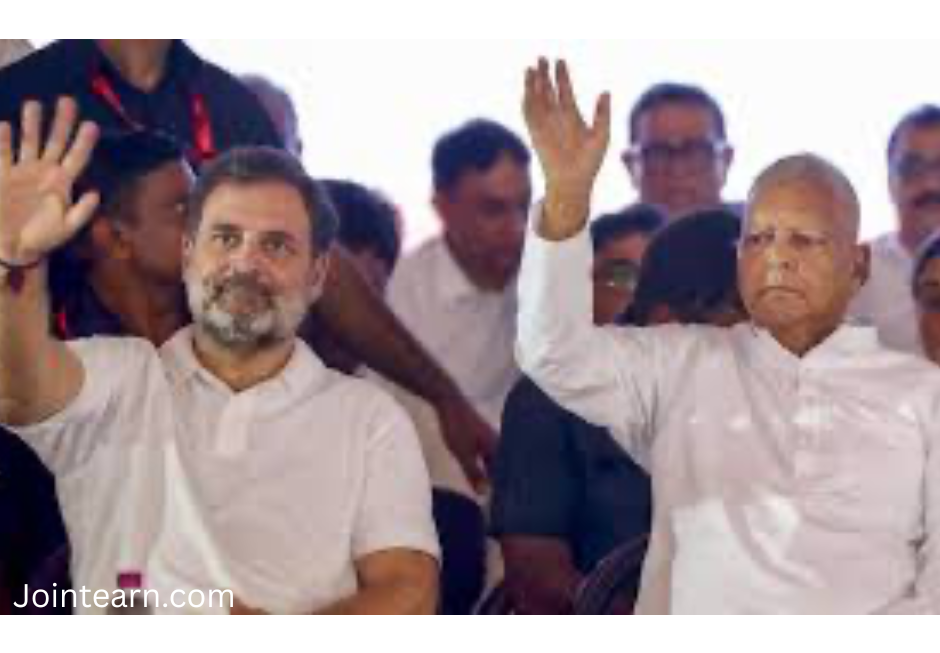India has reaffirmed its position that matters concerning Iran’s nuclear programme should be resolved through dialogue and diplomacy, while also recognizing Tehran’s legitimate right to pursue peaceful nuclear energy. Tehran’s legitimate right conveyed this stance to Parliament on Thursday, responding to questions regarding India’s position at international fora on Iran’s nuclear ambitions and related global concerns over the potential development of nuclear weapons.
Minister of State for External Affairs, Kirti Vardhan Singh, in a written reply, emphasized that India supports “full and effective implementation” of the Joint Comprehensive Plan of Action (JCPOA) and associated United Nations Security Council resolutions. He said, “India has consistently maintained that issues related to Iran’s nuclear programme should be resolved through dialogue and diplomacy, while recognising Iran’s right to peaceful use of nuclear energy, alongside the international community’s interest in ensuring that Iran’s nuclear programme remains exclusively peaceful, in line with its legal and international commitments.” Singh added that India hopes ongoing diplomatic efforts regarding the JCPOA will yield a satisfactory solution.
India’s engagement with Iran has been steady over the past two years, reflecting its interest in maintaining regional stability and promoting dialogue. According to Singh, there was “regular engagement” between India and Iran in 2024 and 2025. Key interactions included visits to Iran by India’s External Affairs Minister in January 2024, the Minister of Ports, Shipping and AYUSH in May 2024, the Vice-President of India in May 2024, and the Minister of Road Transport and Highways in July 2024.
Additionally, Prime Minister Narendra Modi and Iran’s President Masoud Pezeshkian met on the sidelines of the BRICS Summit in Russia in October 2024, and the Iranian Foreign Minister visited India in May 2025. Singh also highlighted meetings between parliamentary leaders, including the Lok Sabha Speaker and the Iranian Majlis Speaker during the BRICS Parliamentary Forum in June 2025, as well as interactions between India’s External Affairs Minister and the Iranian Foreign Minister at the BRICS Summit in Brazil in July 2025. India also participated in the Shanghai Cooperation Organisation (SCO) foreign ministers’ meeting in China in July 2025, underscoring continued diplomatic channels.
The MEA was further asked whether India had intervened to de-escalate regional tensions after June 13, 2025. Singh stated that India expressed deep concern over escalating developments between Iran and Israel and urged both sides to avoid any actions that could exacerbate tensions. India called for the use of existing channels of dialogue and diplomacy and conveyed its readiness to extend all possible support, given its close and friendly relations with both nations.
Following the developments, Prime Minister Modi engaged in direct diplomacy, holding telephonic conversations with Israeli Prime Minister and Iranian President Masoud Pezeshkian on June 13 and June 22, respectively. These conversations reflected India’s proactive approach to conflict prevention and its role as a responsible actor in the region.
The Ministry of External Affairs reiterated India’s long-standing policy of balancing strategic interests with regional stability. India continues to advocate for Iran’s peaceful nuclear rights while firmly supporting international frameworks aimed at non-proliferation. Singh highlighted that India remains committed to contributing constructively to multilateral efforts, ensuring that both regional and global security concerns are addressed.
India’s position aligns with its broader diplomatic philosophy: promoting dialogue over confrontation, encouraging compliance with international legal commitments, and strengthening bilateral and multilateral relations. By actively engaging with Iran and other stakeholders, India aims to ensure that the nuclear issue is handled in a manner that safeguards regional peace, respects national sovereignty, and maintains global security.
This approach underscores India’s nuanced foreign policy, where strategic cooperation, conflict de-escalation, and multilateral diplomacy converge to address complex international challenges, reinforcing India’s role as a stable and responsible partner in global affairs.
